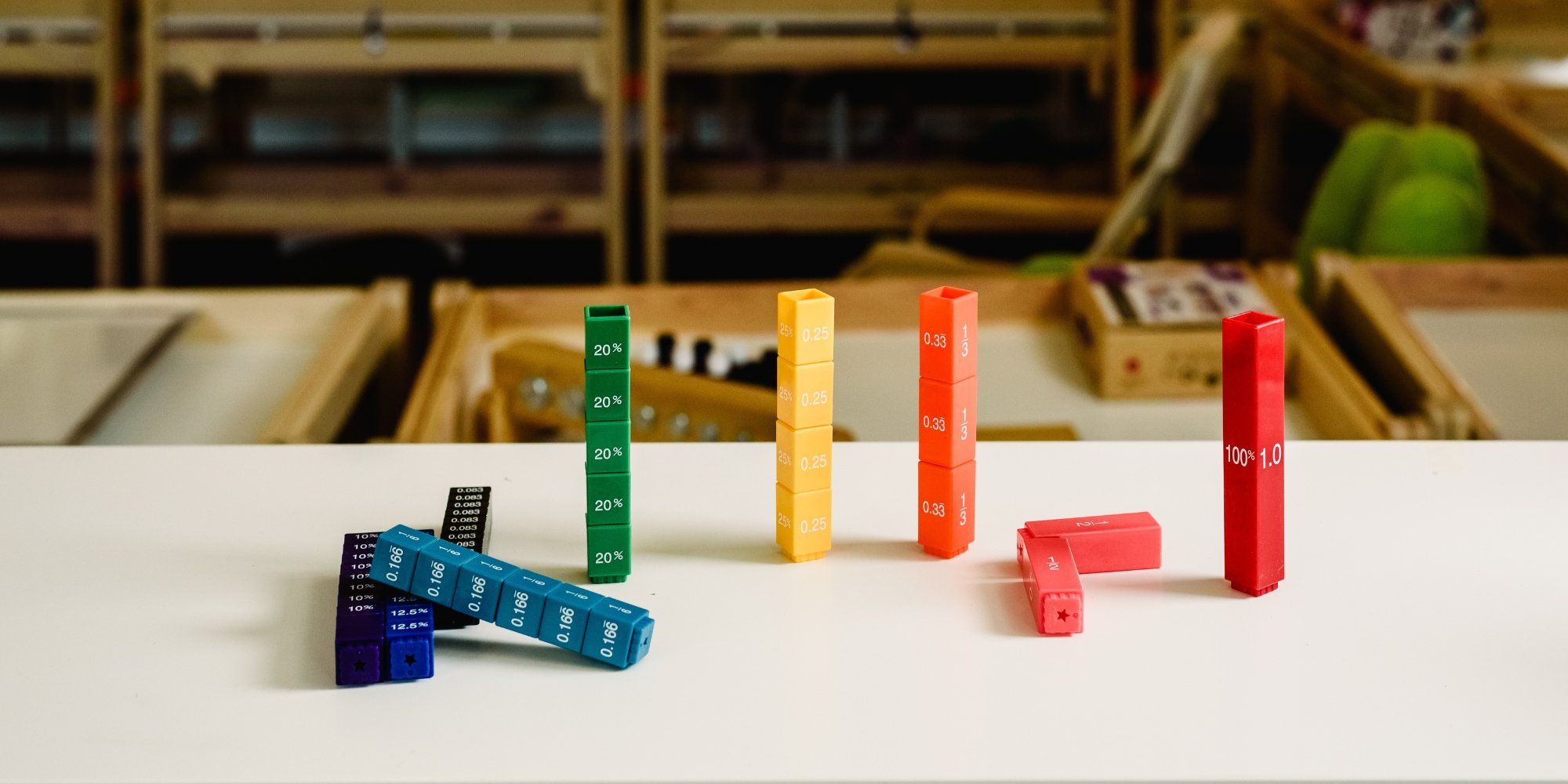
OUR MOST POPULAR POSTS

It is 1972. I pull up my knee socks, buckle up my white patent leather shoes, and race out for the bus. Just like my big brother - I am getting to go to SCHOOL! I am excited! I have a thousand questions, and THIS is where I am going to find out those answers.
“Cuánto cuesta” I ask as I place the brilliantly painted pottery in front of the artist, who has just gotten up from painting a gorgeous owl. Or, as he called it, “a boo.” His talent is unmistakable, as is his pride in his work.
We all know that classroom dialogue is important. We encourage number talks, we post talk move posters in classrooms, and we spend a lot of time in classrooms thinking about how we generate productive discourse. I’d like to shift the focus to fostering productive listening.
Teachers discuss fostering human connections with students who need it most. Power of human connection at work. Mindfulness helps both educators & students.
Teachers discuss fostering human connections with students who need it most. Power of human connection at work. Mindfulness helps both educators & students.
The engagement, the learning, the mathematical discourse, the standards for math practice all just happen as learners are drawn into problems.
Some students will then raise their hands, and others will not. The teacher now has an on the spot decision to make. Who should they call on? What if only some students raised their hands? What if no students raised their hands? Posing a question and asking for hands up for a correct response places the teacher in a position to make multiple in the moment decisions. I believe we have some alternatives to this age-old practice that may better serve learning.
Intellectual curiosity predicts success in school as it leads to greater learning and retention. Allowing for student choice is a strategy that promotes curiosity. We give our students “voice and choice” where they can tap into what they are uniquely curious about as it relates to the content that is being taught.
It is Saturday morning, and I am relishing being awake before anyone else to read and explore what is being discussed by educational thought leaders. I am inspired by quotes such as the one above by Safir.
A fierce urgency …This is what I feel when I turn on the news when I watch my children as young adults facing the world of 2018, when I visit with friends and hear about their struggles, and mostly when I enter into schools.
As we march through another school year, three articles caught my attention and insist that we examine this focus in education. Clarity of purpose becomes paramount as we explore the latest thinking on high-stakes testing.
This has become my mantra. These words are desperately needed in the current political and educational climate.
Every instructional decision I make is based on that sincere fundamental belief - I believe in you - regardless of age, ability, skin color, or socio-economic status.
In my New Year’s newsletter from 2016, I suggested that the word for the year be PURPOSE. Here it is another New Year, and I like this idea of finding our educational focus ONE WORD … what might your ONE WORD for 2018 be?
As a society, we readily understand why we need to learn how to read. We have a good grasp on how print impacts the ability to function as a productive adult.
As John Dewey understood, educators are uniquely positioned to impact students in profound ways. With this comes a social responsibility, that I would argue, is unlike that in any other profession.
What is your reaction to that statement? How does this connect with your belief about education? When watching a webinar by Andrew Gael this summer, this slide was presented and the impact, for me, was jarring.
Ban the Average. Todd Rose, Harvard Graduate School of Educator faculty member, takes up this rally call in his 2014 TedX talk.
Recently, we held the second annual memorial professional development event for my dear friend and colleague, Nancy Welch. As we race towards our final day of the school year, I would like to share my opening comments and hope that you feel inspired!
This quote shared by Annie Fretter at the NCTM conference this April resonates loudly with me. Some might think this is what we do in a history class, not math class, however, Ehrenworth discusses how this is the exact purpose of ALL disciplines. As educators, it is our social responsibility to disrupt inequity and promote deep and purposeful learning.
All too often, students are faced with rules and procedures that are to be followed. They are shown exactly how to solve a problem, how to think, and how to proceed before they are then asked to practice what they were just shown.
The city of Quincy has committed to a K-8 professional development plan to transform mathematics instruction with an emphasis on differentiation. All 11 elementary schools and 5 middle schools are receiving regular support as their teachers work to meet the needs of their diverse population.
Happy October - one of my favorite times of year in education. By now, classroom teachers have routines in place and have gotten to know their students. Schools start to have that familiar hum of learning as we roll through the crisp fall days.
My daughter is a senior in high school and is planning on majoring in elementary education. I have told her repeatedly, “education is the best job in the world!” She has witnessed my love of teaching and appreciated the balanced approach to life that education allows. But, lately, as I share this news with teachers, I keep hearing the same thing … “Tell her no!” I understand.
Instead of writing a list of New Year's resolutions of what we will and won't do, there is a movement to determine one word that will focus our goals. This one word can shape decisions and serve as an inspiration throughout the year.
ALL POSTS



























